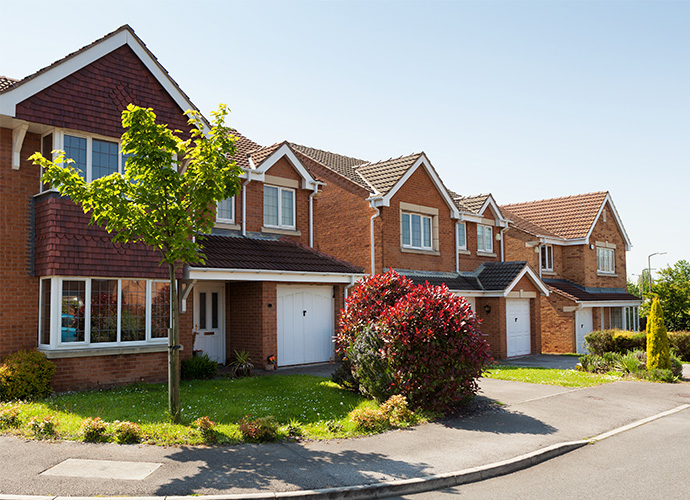Selective licensing schemes have become an important topic of discussion within the private rented sector in the United Kingdom. These schemes were introduced as part of the Housing Act 2004 with the aim of improving the quality of privately rented homes and addressing issues within the private rented sector, such as anti-social behaviour and overcrowding. In this article, we will delve into the workings of selective licensing schemes, their benefits, and potential drawbacks.

What Are Selective Licensing Schemes?
Selective licensing schemes are local authority initiatives aimed at improving standards in the private rented sector. Under these schemes, landlords who let properties within a designated area are required to obtain a license from their local council. The license sets out certain conditions that landlords must comply with, such as maintaining their properties to a good standard and addressing any issues that arise, in order to ensure a safe and decent living environment for tenants.
Each local authority has the discretion to decide whether a selective licensing scheme is necessary within their jurisdiction. They must demonstrate that the scheme will improve housing conditions and tackle issues such as anti-social behaviour, poor property management, and overcrowding.
How Do Selective Licensing Schemes Work?
Selective licensing schemes work by requiring landlords to apply for a license from their local authority. The application process typically involves providing information about the property, the landlord, and any managing agents. Landlords must also pay a fee, which varies depending on the local authority and the duration of the license, which usually lasts for five years.
Once granted, the license sets out specific conditions that landlords must adhere to, such as:
- Ensuring the property meets minimum health and safety standards.
- Providing tenants with a written tenancy agreement.
- Carrying out regular property inspections and addressing any issues promptly.
- Ensuring that any anti-social behaviour by tenants is dealt with effectively.
- Complying with any other conditions stipulated by the local authority.
Failure to obtain a license or comply with the conditions of the license can result in significant penalties, including fines and even prosecution.
The Benefits of Selective Licensing Schemes
Selective licensing schemes offer several benefits for both landlords and tenants. For landlords, the schemes can help improve the reputation of the private rented sector and provide a level playing field by ensuring that all landlords within the designated area adhere to the same standards. This can lead to increased demand for rental properties and potentially higher rental yields.
For tenants, selective licensing schemes can provide a safer and more pleasant living environment, as well-kept properties are less likely to suffer from issues such as damp, disrepair, and infestations. Additionally, the schemes can help protect tenants from unscrupulous landlords who might otherwise exploit their vulnerability.
The Drawbacks of Selective Licensing Schemes
Despite the potential benefits of selective licensing schemes, there are also some drawbacks to consider. One criticism is that the schemes can be costly for landlords, as the fees for obtaining a license can be quite high. This expense may be passed on to tenants in the form of increased rents, potentially making it more difficult for vulnerable tenants to find affordable housing.
Additionally, some argue that selective licensing schemes do not always target the root causes of poor housing conditions and anti-social behaviour. Instead, they may simply shift the problem to other areas not covered by the scheme, rather than addressing the underlying issues.
Selective licensing schemes have the potential to bring about significant improvements in the private rented sector, particularly in areas where poor housing conditions and anti-social behaviour are prevalent. However, it is important to weigh the benefits against the potential drawbacks and consider alternative approaches that may be more effective at tackling the root causes of these issues.
As a landlord, it is crucial to stay up-to-date with the latest legislation and licensing requirements in your local area. Regularly checking your local authority’s website or contacting their housing department can help you stay informed about any selective licensing schemes that may be in place or are being proposed.






